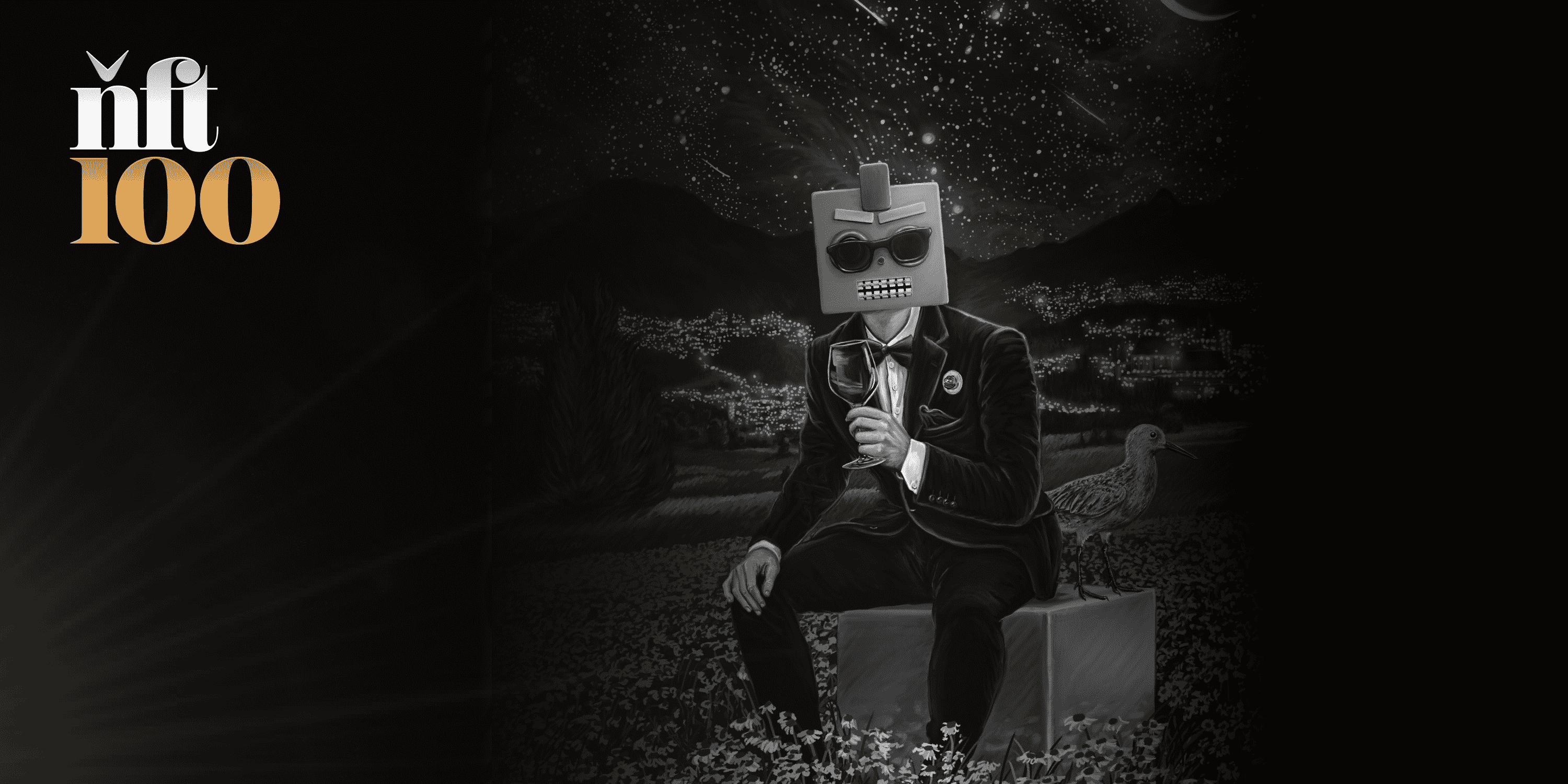How does NFT technology build a “no risk” sports prediction market?

Sports betting dates back to antiquity when chariots were a popular form of entertainment in ancient Greece, around 700 BC. Today there is one billion dollars industry with all kinds of sporting events. But more importantly, sports betting has come a long way to find a foothold in today’s society. The first legal sports prediction markets appeared in the late 19th and early 20th centuries; during this period, soccer became a popular sporting event in Europe.
While most regulators would later ban sports betting in the early 20th century, sentiment had changed by mid-century. In Europe, people started betting on sporting events as part of their pastime. However, the biggest development came in 1996 when the first online sports betting site allowed fans to bet on an FA Cup replay between Tottenham Hotspur and Hereford United. Since then, this industry has experienced enormous product diversity and growth in market share.
The flaw in online sports betting models
Although it seemed like a wild concept in the early 80s, the Internet significantly changed many industries. One of them is sports betting; people all over the world can bet on their favorite sporting events regardless of their location. Undoubtedly, this availability has increased the popularity of sports like football, soccer and boxing to some extent. But what exactly are the underlying mechanisms involved in sports betting?
If you have ever bet on a sporting event, there is a probability that you have won a payout or lost the funds placed as collateral. Let us take the example of the ongoing World Cup tournament; anyone can take advantage of online betting sites like Caesars sportsbook, Mybookie, BetMGM and Fanduel to bet on some of the matches. But there is a catch; players must win over 52.4% of their stakes to break even, given the costs associated with compound interest.
More often than not, sports bettors end up losing their money; the professional win rate is slightly below 55% in the long term. Online betting sites (the house) take home the lion’s share of the revenue generated as punters keep coming back hoping to get ‘lucky’. Unfortunately, the house has mastered the game in the new era of technology. Offer alternative products such as live streaming, more varied bets, competitive odds and promotional features to keep the circus going.

And now for the big question, is there room for a “no risk” sports prediction model? As much as there is no free lunch, the rise of decentralized sports betting markets powered by non-fungible tokens (NFTs) proves otherwise. This crypto sub-niche has been making headlines in recent times, given its value proposition for changing the dynamics of online gambling.
NFT’s groundbreaking
Over the past two years, NFTs have spread into a billion-dollar ecosystem, pioneering crypto-assets that can integrate with other industries. Their underlying value has been particularly felt in the online gambling industry. But before getting into the details, NFTs are unique blockchain-oriented tokens that can be used to represent real-world assets, including security for placing a bet on a specific sporting event.
So how do NFTs introduce a risk-free model for sports betting? The concept is quite simple; imagine an online betting site where one can buy an NFT that allows them to place bets and increases the value based on the win rate. For practical purposes, let’s take the example of Pooky, a unique soccer prediction game built on the Polygon blockchain. This decentralized sports betting platform allows players to use 3D NFT Pookyballs to make predictions and features on various score charts.
In contrast to the traditional betting platforms, the players on Pooky is not limited by a “win or lose” situation. 3D Pookyballs have fixed and variable attributes that determine how much value the NFT can accrue based on the number of wins. Assuming a punter wants to bet that Manchester United will win a match against Chelsea and the outcome favors them, their NFT becomes more valuable based on this particular outcome.
Should Chelsea win the match, the player still retains the NFT and has a chance to win experience points (EXP) if they had predicted other scenarios such as a “home or away” win. Ideally, decentralized sports prediction markets like Pooky solve the dilemma in today’s sports betting market: the choice between “high risk, high reward” on traditional Web2 betting platforms and “no risk, no reward” with free-to-play options.
Despite being a nascent space, NFTs are creating a number of new opportunities in the online gambling economy. More importantly, these digital assets can be sold on decentralized marketplaces, meaning that actors wishing to opt out can liquidate their value-adjusted NFTs at market value. What better way to create an engaging path for players to actively participate while minimizing risk exposure? So far, NFTs have proven to be instrumental on this front.
As mentioned in the introduction, sports betting goes back a long way and will probably continue to thrive as newer technologies emerge. That said, it is fundamental for the ‘house’ to develop more innovative ways to level the playing field. NFTs may seem like a technical concept for now, but as explained, their decentralized and permissionless nature gives them an edge in sports betting. A fairer gaming ecosystem where it doesn’t have to be black or white; it is the future of sports prediction markets.
























